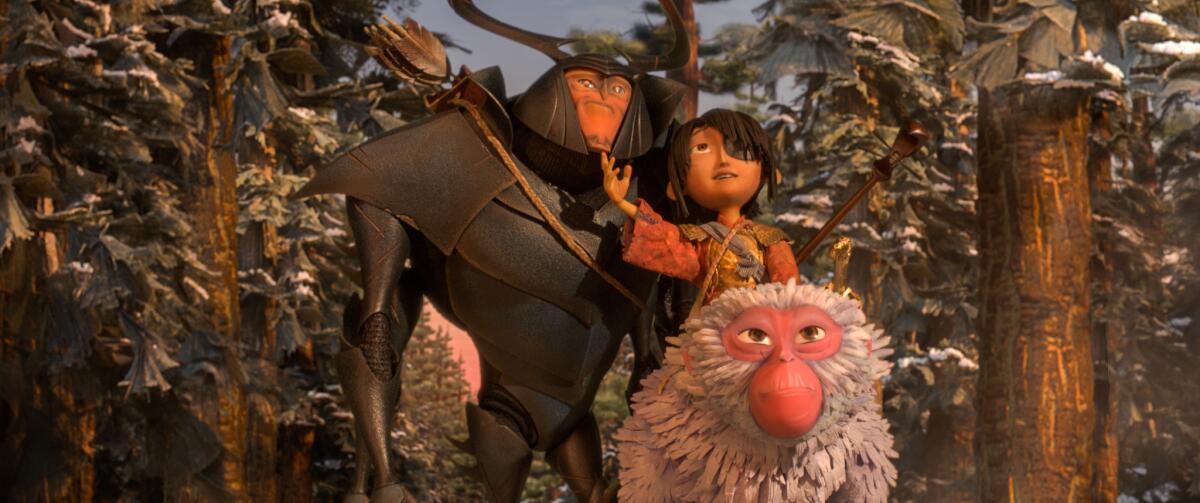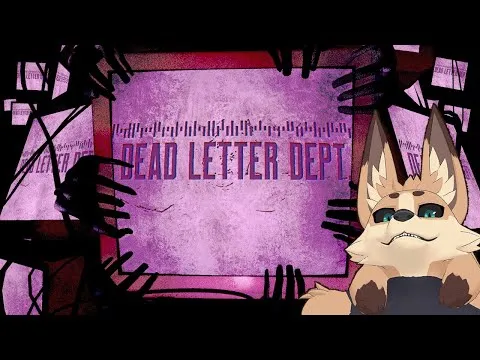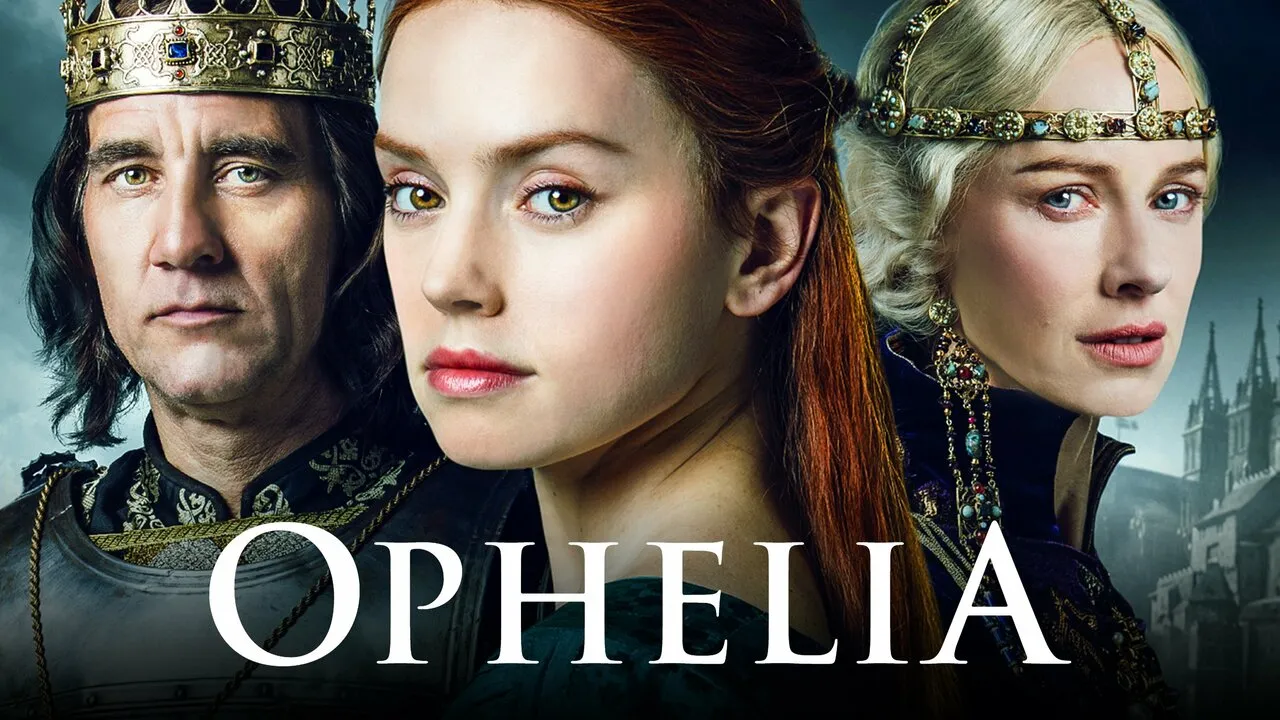Between death and memory lies a final string—waiting to be strummed.
Nearly a decade after the original spellbinding tale, Kubo and the Two Strings (2025) returns with a breathtaking sequel—one that deepens the myth, matures the emotion, and reminds us that stories are the most powerful magic of all. Laika Studios once again blends stop-motion wizardry with soulful storytelling, delivering a tale where music is memory, and memory is the sword that cuts through time.
Years have passed since Kubo defied the Moon King and forged his own destiny. Now a young man, he has become a revered storyteller and guardian of ancient knowledge. Yet peace is fragile—even for those who’ve made peace with their past. When a strange eclipse casts shadows across the land, ancestral spirits begin to vanish, and a long-buried melody awakens something dark beneath the sea. Something with a face Kubo almost remembers.
Drawn by haunting dreams and cryptic notes left by his mother long ago, Kubo sets out on a new journey—this time across vast oceans and into forgotten lands where reality folds like parchment and memory sings in unfamiliar tongues. Accompanied by Beetle’s daughter, Kaia, a fiery warrior with her father's bravery and her own quiet doubts, Kubo must find the lost "Third String"—an ethereal chord said to unlock the memory of the world itself.
But the path is treacherous. A new enemy, known only as The Maskmaker, lingers in the veil between life and afterlife, weaving illusions that trap the souls of the departed. His creations twist sorrow into power, feeding off forgotten names and broken stories. To stop him, Kubo must confront his own fading memories and decide what stories are worth keeping—and which must be let go.

The animation is as exquisite as ever—paper folding into beasts, waves carved from light, moonlit fights on invisible bridges. But it’s the emotion that cuts deepest: a boy grown into a man who still plays a shamisen of grief and love, still guided by the strings of those he’s lost… and those he’s yet to meet.
Kubo and the Two Strings (2025) isn’t just a sequel—it’s an elegy, a ballad, a crescendo. And like all great tales, it lingers long after the last note is played.

-1751448711-q80.webp)


-1751507032-q80.webp)